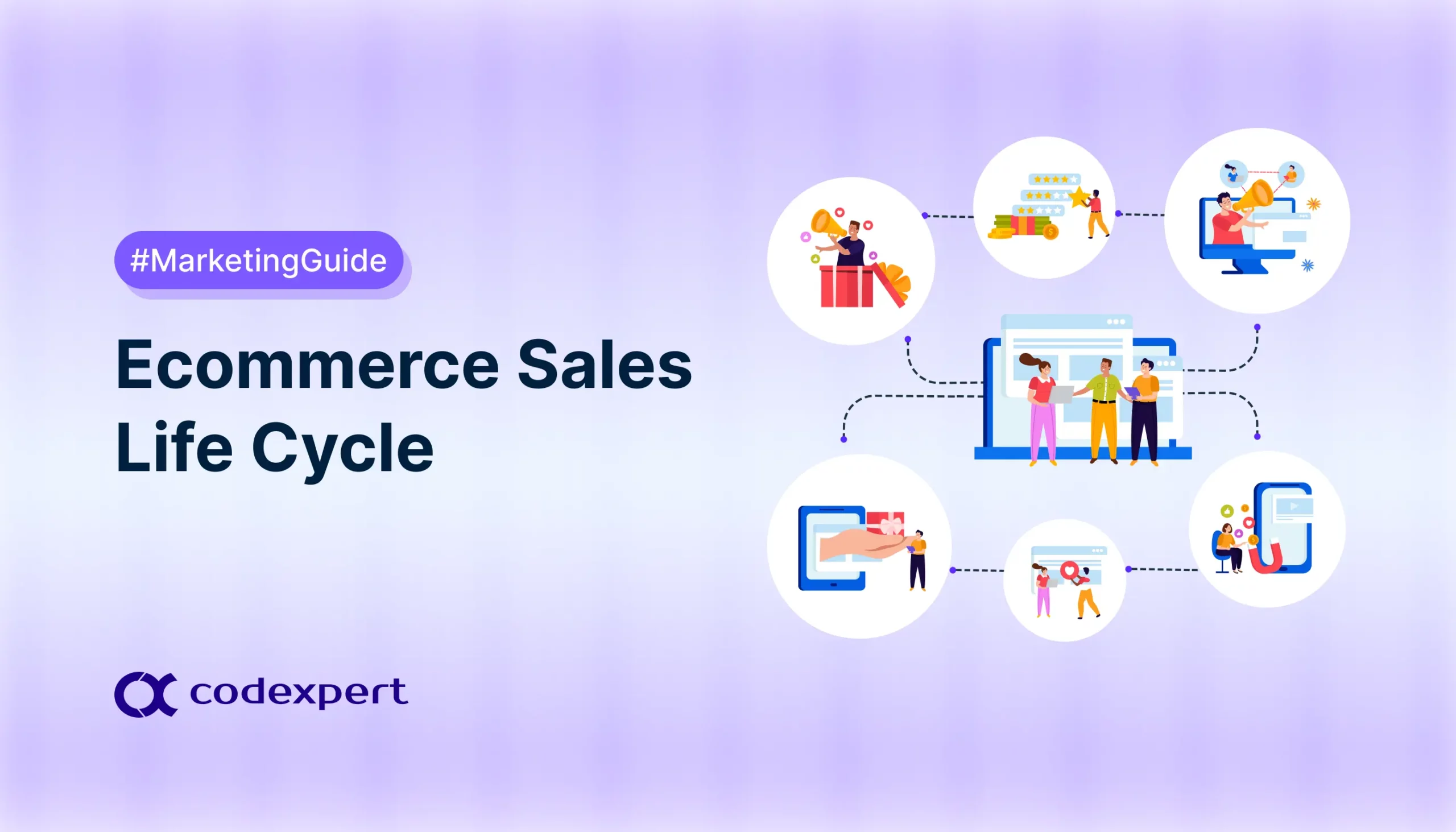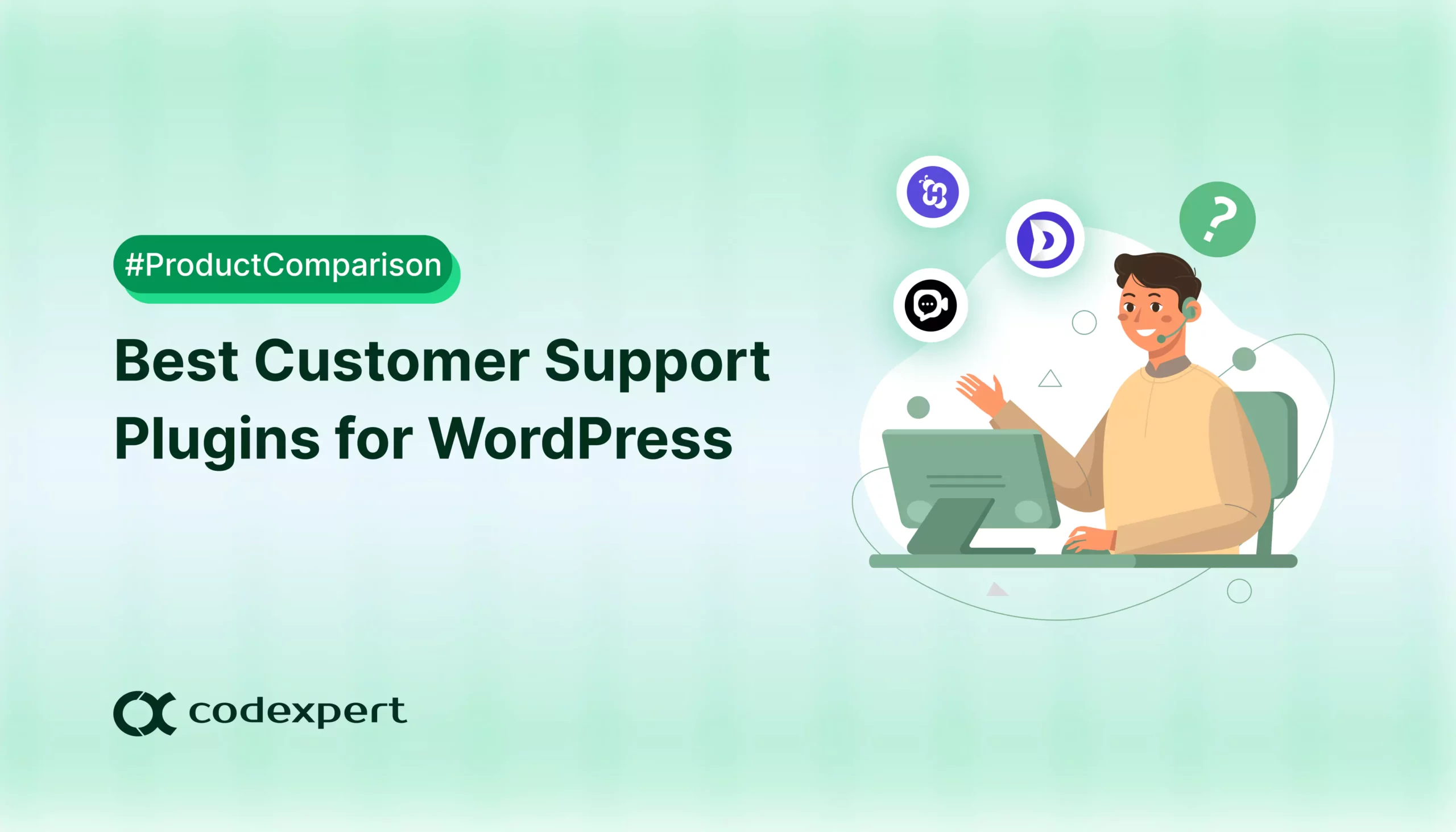9 Steps to Building a Successful Online Course Business

The online learning industry has experienced a massive surge in popularity in recent years. With the increasing demand for flexible and accessible education, more and more individuals are turning to online courses to gain new skills and knowledge. This trend has created a lucrative opportunity and entrepreneurs are focusing on the online course business. Building a successful online course business requires careful planning and execution. With the right strategies, anyone can turn their expertise and passion into a profitable venture.
In this blog post, we will explore 9 essential steps to building a successful online course business. From identifying your target audience to marketing your course and creating engaging content, we will provide you with a comprehensive guide to launching and growing your online course business.
Whether you’re a seasoned educator or a newbie entrepreneur, this post will equip you with the knowledge and tools you need to succeed in the online learning industry. So, let’s dive in and learn how to turn your expertise into a thriving online course business! First, we are going to know the awesome benefits of doing the online course business.

What are the advantages of online course business?
Online course businesses have become increasingly important in today’s digital age. As technology advances and people are getting more engaged on the internet. Because of this online learning has become a popular alternative to traditional classroom-based education. Some of the key reasons why online course businesses are so important and their advantages are mentioned below:
Flexibility: Online courses offer extensive flexibility in terms of when and where learners can access course materials. The students can now fit their studies around their busy schedules. This made education more accessible to a wider range of people. According to the University of the Potomac 70% of students agree that online classes are better than traditional classroom settings.
Affordability: Online courses are often more affordable than traditional classroom-based courses, as they don’t require physical facilities or as many staff members. This makes education more accessible to people who may not have the financial resources to attend traditional institutions.
Specialization: Online courses offer a wide range of niche topics and specialized areas of study that may only be available in some institutions. This means that learners can find courses tailored to their specific interests and needs.
Global reach: Online courses have a global reach, meaning that educators can reach a wider audience than ever before. This opens up new opportunities for educators to share their knowledge and expertise with people from all over the world. The number of online learning users is increasing every day and from a study by Prosperity For All we got to know that this number is expected to reach 57 million by 2027.
Entrepreneurship: Online course businesses offer a unique opportunity for entrepreneurs to turn their expertise and passion into profitable ventures. By creating and marketing their own courses, educators can take control of their careers and build successful businesses based on their own expertise and interests.
Scalability: Online courses have the potential to reach a large audience, so as your business grows, you can scale your course offerings to meet the demand.
Low overhead costs: Starting an online course business has relatively low startup costs, as you don’t need to rent physical space or purchase equipment.
Passive income potential: Once you create and launch your online course, you can continue to earn money from it without actively working on it.
Ability to create courses on any topic: Online courses can be created on virtually any topic, making it easy to turn your expertise into a profitable business.
Opportunity to help others: With online courses, you can share your knowledge and expertise with others, helping them achieve their goals and improve their lives.
Now that you know how online course businesses can offer a wide range of benefits to both learners and educators. It’s time to get into the details of the 9 crucial steps in making an online course business successful.
How to create a successful online course business in 9 steps?
Choosing the right platform is a critical step in building a successful online course business. It can be overwhelming to determine which platform is best suited for your needs when there are so many options available. Before making a decision, it is essential to research and compares different platforms based on their pricing, features, and ease of use.
Consider factors such as the ability to customize your course content and branding, the flexibility to offer different pricing options, and the availability of marketing and analytics tools. It is important to select a platform that provides a seamless and user-friendly learning experience for your students.
By choosing the right platform and following the steps, you can create a successful online course business that provides value to your target audience and generates sustainable revenue for your business. Here are the 9 steps we will discuss in depth for making a successful online course business –

1. Pick a profitable niche and topic
Identifying a profitable niche and topic is the first step in building a successful online course business. Without a clear understanding of who your ideal customer is and what they need, it is challenging to create content that resonates with them. Thus it will be hard for you to generate revenue.
To identify a profitable niche, start by conducting market research and analyzing data to understand the demographics, interests, and pain points of your target audience. Once you have a solid understanding of your audience and the demand for a niche, you can tailor your course content and marketing efforts to meet their needs.
It is essential to choose a subject that you are passionate about and have expertise in when selecting a course topic. It should also be a topic that your target audience is interested in and willing to pay for. You can conduct keyword research and analyze search trends to identify popular topics in your niche.
You should consider offering courses that address specific pain points or challenges that your target audience is facing. For example, if you are targeting working professionals, you may want to create courses that focus on time management, productivity, or career advancement.
By defining your target audience and course topic, you can create content that resonates with your audience and meets their specific needs. This can help you build a loyal following of customers who are willing to pay for your courses and refer others to your business.
It also helps you stand out in a crowded market and differentiate yourself from competitors. That’s why choosing the right target audience and course topic is a critical component of building a successful online course business.

2. Choose the right platform
It can be overwhelming to determine which platform is best suited for your needs with so many options available. Before making a decision you need to research and compare different platforms based on their pricing, features, and ease of use.
You should consider factors such as the ability to customize your course content and branding, the flexibility to offer different pricing options, and the availability of marketing and analytics tools. It is also important to select a platform that provides a seamless and user-friendly learning experience for your students. If you want to create a self-hosted online education platform CoSchool is just the tool for you. By choosing CoSchool, you can create a successful online course business that provides value to your target audience and generates sustainable revenue for your business.
CoSchool is compiled of all the necessary tools and features you need to run a successful online course business. It supports a variety of multimedia formats such as videos, graphics, and interactive quizzes to keep learners engaged and motivated. Flexible enrollment and the multi-instructor feature of CoSchool can help you to scale your online course business. You can also create interactive quizzes, assignments, and lessons to keep the students engaged.
CoSchool also has integration with popular eCommerce systems for WordPress including WooCommerce and Easy Digital Downloads. These integrations let you grow and scale your existing online course business without creating and adjusting a whole new system. You can also withdraw your course selling revenue easily by integrating CoSchool with popular payment processors like PayPal, Stripe, 2CheckOut, Square, and FastSpring.

3. Test the market demand for your online course business
Conducting thorough market research is an important step in building a successful online course business. This involves gathering and analyzing data to understand your target audience, identify their needs and pain points, and determine the best ways to reach and engage them. There are several methods you can use to conduct market research, including online surveys, focus groups, and social media analytics.
By analyzing the results of these methods, you can gain insights into the needs and pain points of your target audience and tailor your course content and marketing efforts to meet their specific needs.

4. Develop high-quality course content
Developing high-quality course content is one of the most important parts of building a successful online course business. The content you create should be engaging, informative, and provide value to your target audience.
You can start by creating a clear outline and setting goals for what you want your students to achieve by the end of the course. You should also consider the learning styles of your audience and incorporate multimedia elements such as videos, graphics, and interactive quizzes to keep them engaged.
You need to ensure that the course content is well-researched and up-to-date. You should gather information from reputable sources and keep your content current to ensure that it is accurate and relevant. Consider incorporating case studies, examples, and real-world scenarios to help your students apply what they learn to real-life situations.
It is also important to regularly update and improve your content based on feedback from your students. You can gather feedback through surveys or online reviews and use this information to make necessary changes to your course content. Regularly updating and improving your course content can provide even more value to your students.
Developing high-quality course content is essential to building a successful online course business. You can build a loyal following of students who are willing to pay for your courses and refer others to your business by creating engaging, informative, and up-to-date courses.

5. Set competitive pricing
When setting prices for your courses consider the value you are providing to your students, as well as the prices of similar courses offered by your competitors. Know your target audience and how much they are willing to pay for your courses. Pricing too high may turn away potential customers, while pricing too low may lower the value of your courses.
Research the prices of similar courses offered by your competitors to set competitive pricing. You can do this by visiting their websites, reading reviews, and comparing their course content to yours. For example, in online course pricing you can a take look at the price of various courses hosted on Udemy. By understanding the prices of similar courses, you can determine the appropriate price range for your courses.
While setting pricing try to evaluate the value you are providing to your students. If your courses offer unique content or specialized knowledge, you can charge a higher price. If your courses cover general topics, you may need to set a lower price to remain competitive. You can also offer occasional discounts or promotions to incentivize students to enroll in your courses.

6. Create a marketing plan for the online course business
Creating a marketing plan is another important step in building a successful online course business. You need to create a detailed marketing plan with strategies for promoting your course to potential customers. Your marketing plan should start with identifying your target audience and understanding their needs, desires, and pain points.
Identify what problems your course solves, what benefits it offers, and why it’s different from other courses in the market. Once you have a clear understanding of your target audience and your unique selling proposition, you can start developing your marketing strategy.
You can apply both online and offline marketing tactics. Follow the online marketing tactics including email marketing, content marketing, social media marketing, pay-per-click advertising, and search engine optimization. Decide which tactics are most suitable for your target audience and budget.
Content marketing is an effective tactic for promoting any type of online course. You can create valuable blog posts, videos, webinars, and ebooks that address your target audience’s problems and offer solutions.
Social media marketing is another effective tactic for promoting your course. You can use platforms such as Facebook, Twitter, LinkedIn, and Instagram to build relationships with potential customers, share valuable content, and drive traffic to your website.
Offline marketing tactics include attending conferences, giving talks, and participating in trade shows. These tactics are especially effective for promoting courses in niche markets. You can also use offline marketing tactics to build relationships with potential customers and establish yourself as an authority in your industry.
Your marketing plan should also include a budget for each tactic and a timeline for implementation. Track your results regularly and make changes to your plan based on the data you collect along the way. With a well-planned and executed marketing plan, you can effectively promote your course and attract a steady stream of customers.

7. Build a strong brand
Your brand is what sets you apart from your competitors and communicates your values, mission, and vision. A strong brand can help you attract and retain customers, build credibility and trust, and establish yourself as an authority in your industry.
To build a strong brand, you need to start by defining your brand identity. This includes your brand name, logo, tagline, color scheme, and overall aesthetic. Your brand identity should reflect your values, mission, and vision and resonate with your target audience.
Once you have defined your brand identity, you need to establish your brand voice and tone. This includes the way you communicate with your customers, the language you use, and the emotions you convey.
Your brand voice should be consistent across all channels, from your website to your social media profiles. It should be authentic, engaging, and relevant to your target audience. You also need to establish your brand story, which is the narrative that connects your brand identity with your target audience. Your brand story should be compelling, memorable, and shareable.
To build a strong brand, you need to focus on your brand experience. This includes the way your customers interact with your brand, from your website to your customer service. Your brand experience should be consistent, positive, and memorable. You should focus on building a brand community that will include your customers, employees, and partners. A strong brand can build a loyal customer base, generate word-of-mouth marketing, and gain valuable insights into your target audience.

8. Provide excellent customer service
Your customers are the lifeblood of your business, and providing them with exceptional service can help you build loyalty, generate word-of-mouth marketing, and establish a positive reputation. To provide excellent customer service, you need to start by understanding your customers’ needs and expectations.
You should be responsive to their inquiries, provide them with clear and concise information, and ensure that they have a positive experience throughout their interaction with your business.
A key aspect to provide excellent customer service is by providing timely and personalized support. Offer various channels for customers to contact you, such as email, phone, or live chat. You should also respond to their inquiries promptly and provide them with personalized solutions that meet their specific needs.
You can provide customers with resources and tools that help them achieve their goals, such as tutorials, webinars, or forums. By providing personalized support, you can build a positive relationship with your customers and establish yourself as a reliable and trustworthy business.
Going above and beyond your customers’ expectations is another way to provide excellent customer service. This includes offering additional value, such as free resources, discounts, or personalized advice.
You can ask for feedback from your customers and use it to improve your products and services in a timely manner. By listening to your customers’ feedback and addressing their concerns, you can show that you value their opinions and are committed to providing them with the best possible experience. This can help you attract new customers and grow your business.

9. Continuously improve your courses
Continuously improving your courses is a key factor in building a successful online course business. Your courses should always be evolving, and you should strive to make them better with time. This will keep your students engaged and interested, and it will also help you to attract new students. There are several ways to continuously improve your courses.
One of the ways to improve your courses is to gather feedback from your students. Ask your students what they liked and didn’t like about your course, what they found easy or difficult, and what they would like to see improved. Use this feedback to make changes to your course content, structure, and delivery.
You can also ask for feedback on specific aspects of your course, such as a particular module or assignment. This will help you to identify areas that need improvement and give you a starting point for making changes.
Another way to improve your courses is to stay up-to-date with the latest industry trends and best practices. Attend conferences, workshops, and webinars to learn from experts in your field. Read industry publications and blogs to stay informed about new developments and trends.
You can use this knowledge to update your course content and delivery methods. You may find that a new technology or teaching method can significantly improve your course and help you to better engage your students.
Wrapping it up
Following the 9 steps outlined in this post can help you to create high-quality courses that meet the needs of your students and grow your business. Remember to start by identifying your target audience and their needs, then create a course that addresses those needs in a clear and engaging way. Use high-quality tools like CoSchool to deliver your course content and make sure that your courses are accessible and easy to navigate.
Marketing and promoting your courses are also important, so take the time to create a strong marketing strategy and use various channels to reach potential students. Build a community around your courses and engage with your students to create a sense of connection and support.
Continuously improving your courses based on feedback and industry trends will help you to keep your courses relevant and engaging, and ultimately grow your business. Remember to be patient, persistent, and willing to adapt as you navigate the challenges of building an online course business. If you are a beginner in online course business or thinking about starting one then we recommend using WordPress and CoSchool. The various feature of CoSchool will help you to easily start an online course business and create a dynamic online learning platform at a minimal cost.
Subscribe to Our Newsletter
Get the latest WordPress tutorials, trends, and resources right in your inbox. No Spamming, Unsubscribe Anytime.

Thank you for subscribing to our newsletter!
Table of Content
- What are the advantages of online course business?
- How to create a successful online course business in 9 steps?
- 1. Pick a profitable niche and topic
- 2. Choose the right platform
- 3. Test the market demand for your online course business
- 4. Develop high-quality course content
- 5. Set competitive pricing
- 6. Create a marketing plan for the online course business
- 7. Build a strong brand
- 8. Provide excellent customer service
- 9. Continuously improve your courses













